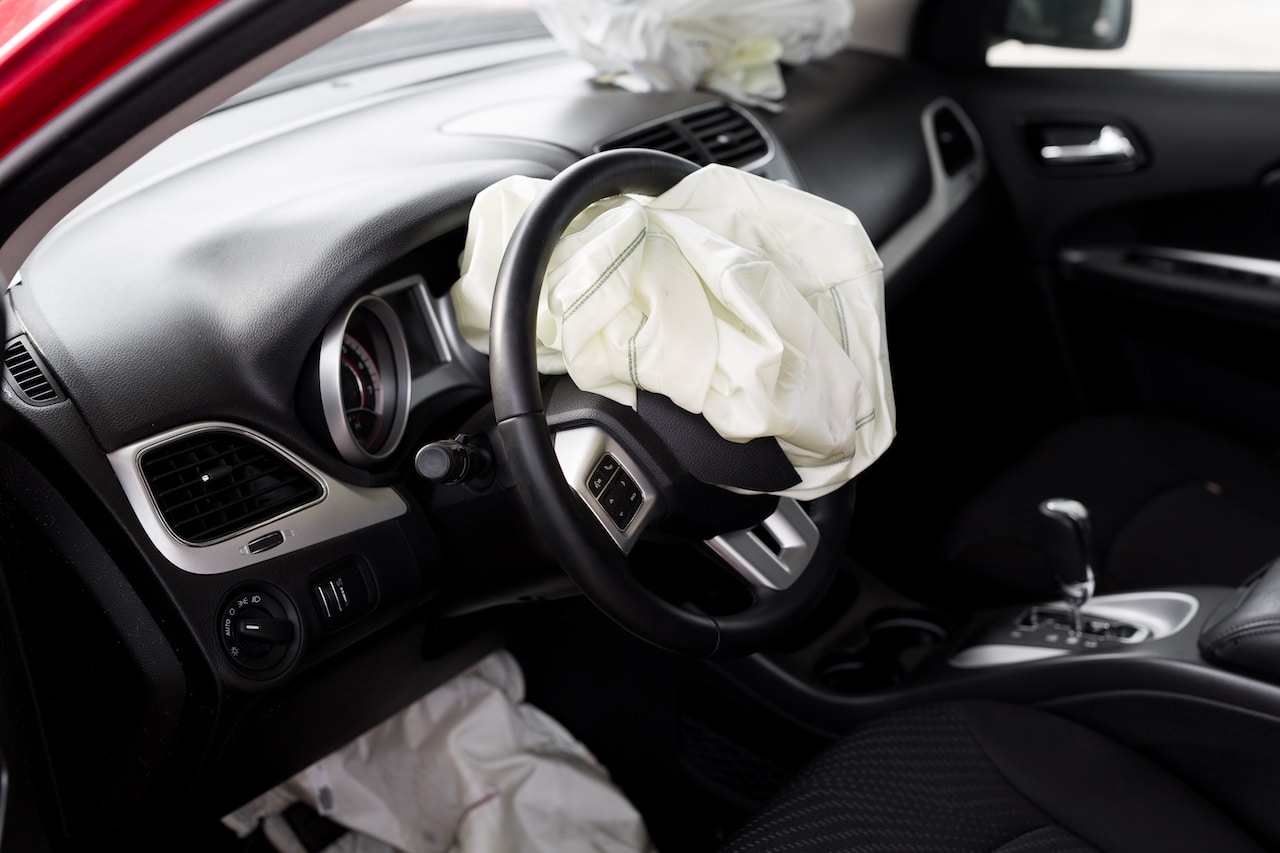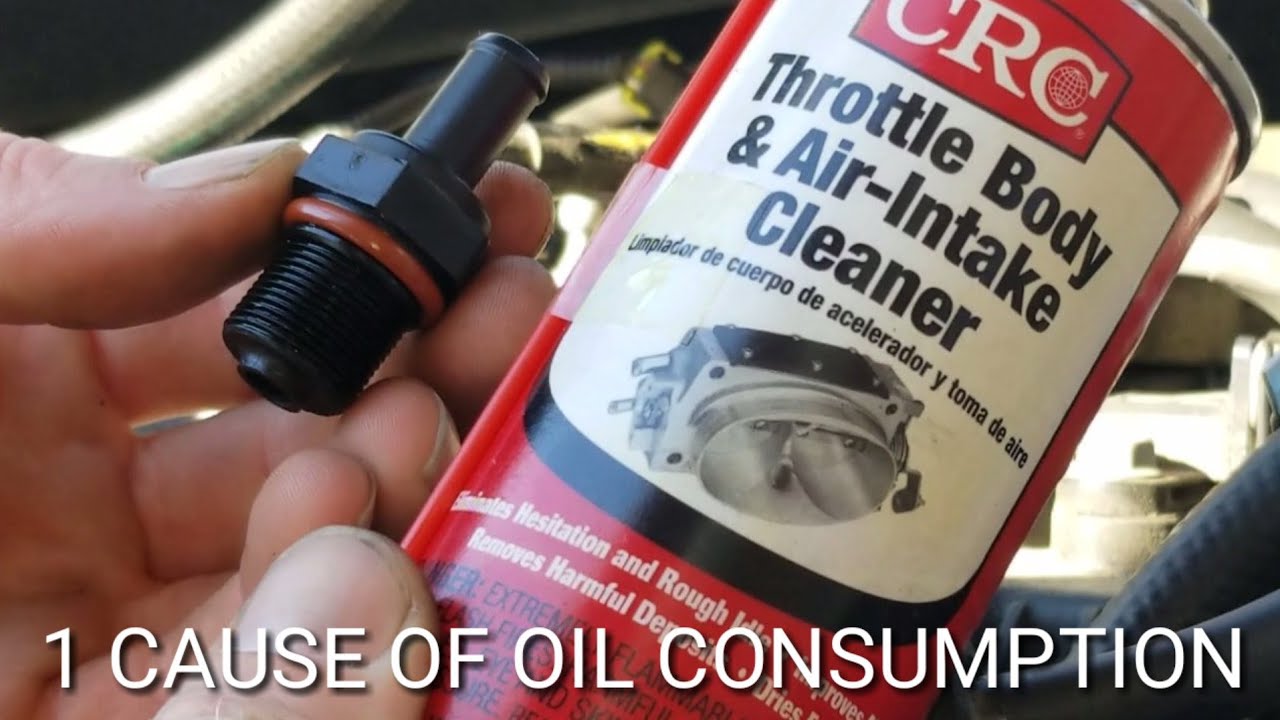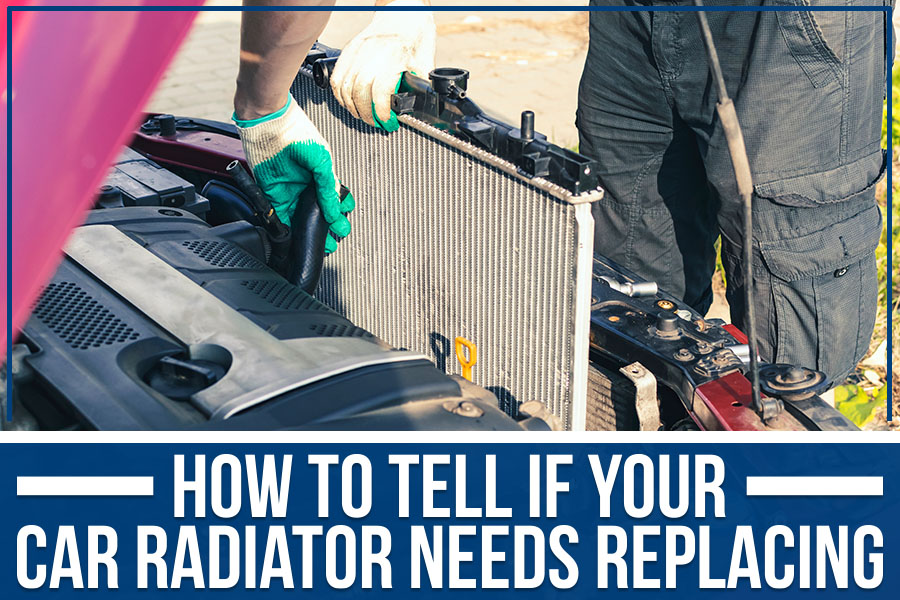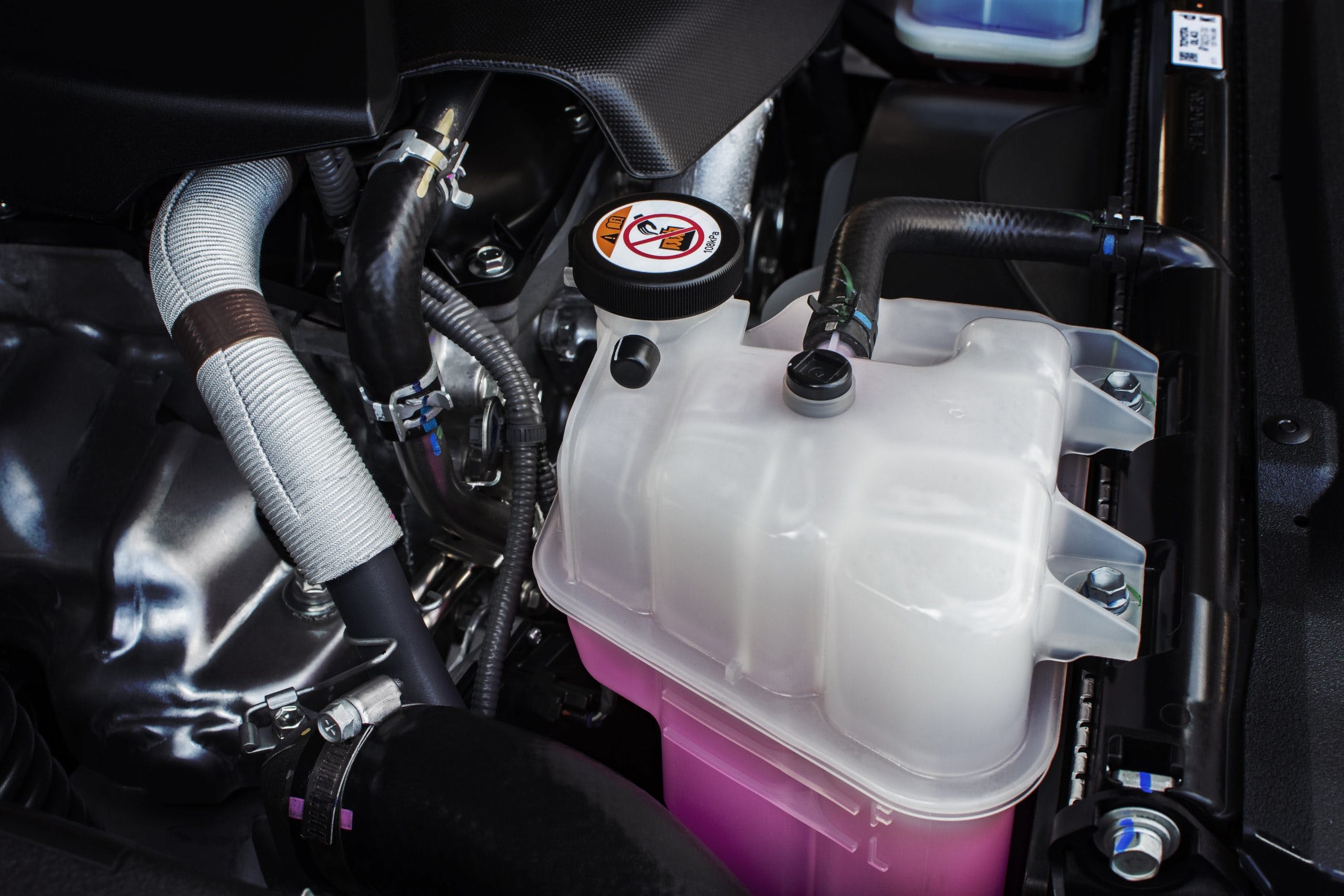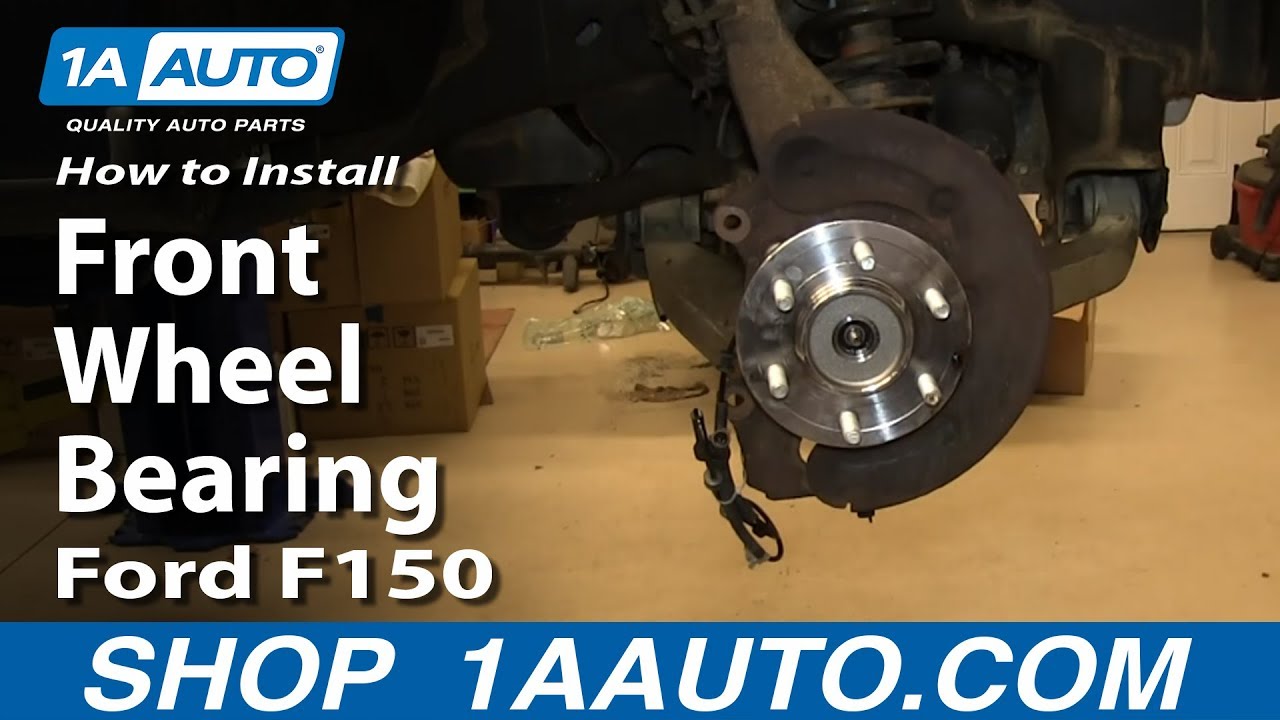Oil Cooler Repair Cost
Oil cooler repair costs typically range from $100 to $600. Labor and parts contribute to the total expense.
Understanding the importance of an oil cooler is crucial for vehicle maintenance. This component helps regulate your engine’s oil temperature, ensuring it stays within optimal limits. Operating with a damaged oil cooler can lead to engine overheating and increased wear, which underscores the significance of timely repairs.
Vehicle make, model, severity of damage, and labor rates in your area all influence the final repair bill. Replacing an oil cooler is not a typical DIY job; it often requires professional diagnosis and service to ensure your engine’s longevity and performance. Early detection of oil cooler issues can prevent more costly repairs, underscoring the value of regular vehicle check-ups.

Credit: idpartsblog.com
The Importance Of Oil Coolers In Vehicle Performance
The Importance of Oil Coolers in Vehicle Performance cannot be understated. Oil coolers play a vital role in maintaining your engine’s longevity. They regulate the oil temperature, ensuring the engine works efficiently. Overheating can be detrimental. This is where oil coolers come in, protecting the engine and maximizing performance.
Functions Of An Oil Cooler
- Maintain Optimal Oil Temperature: Oil coolers keep engine oil at safe operating levels.
- Reduce Thermal Stress: They help disperse heat, preventing engine wear.
- Extend Engine Life: By controlling temperatures, they prolong an engine’s lifespan.
- Improve Performance: Cool oil ensures better lubrication, enhancing engine output.
Signs Of Oil Cooler Failure
Spotting signs of failure early could save you from costly repairs. Look out for these:
| Sign | Explanation |
|---|---|
| Oil in Coolant | A leak can lead to oil contaminating the coolant. |
| Coolant in Oil | This indicates a potential breach in the oil cooler. |
| Overheating Engine | If the engine runs hotter, the oil cooler might be failing. |
| Low Oil Pressure | A damaged oil cooler can decrease oil circulation. |
Multiple signs point to a failing oil cooler. Stay vigilant and your engine will thank you!
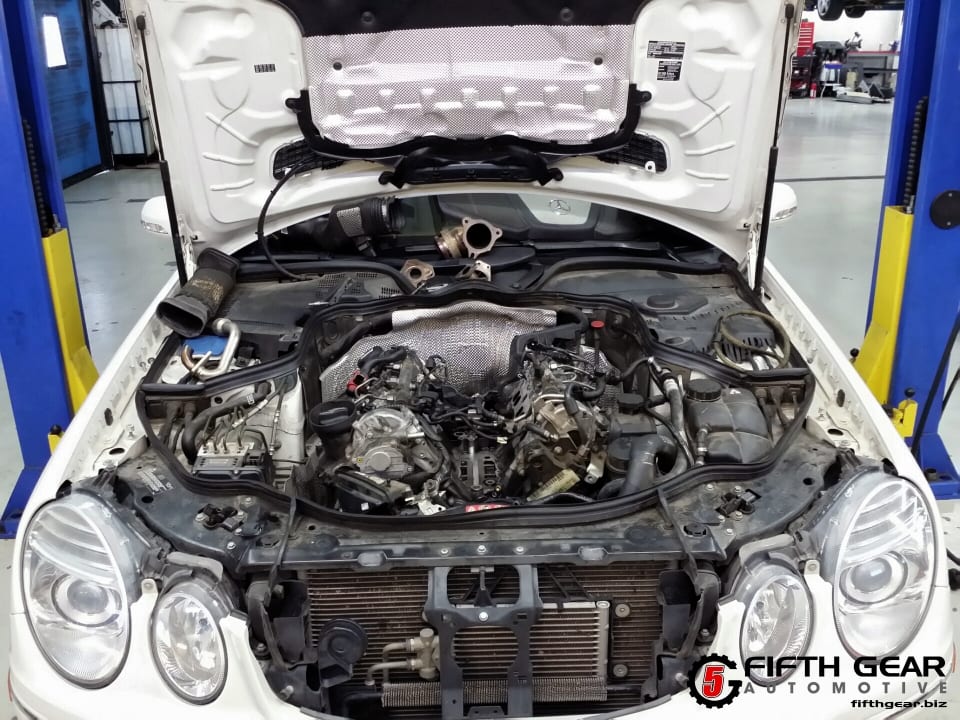
Credit: fifthgear.biz
Breaking Down Oil Cooler Repair Costs
Welcome to the insightful journey into the world of vehicle maintenance. Today’s focus lies particularly on decoding the costs associated with oil cooler repair.
Factors Influencing Repair Expenses
Understanding the costs linked to fixing an oil cooler is crucial for any owner.
Repair expenses vary based on several aspects:
- Vehicle make and model: Some cars are more complex.
- Part quality: OEM parts cost more than aftermarket.
- Labor rates: High in cities, lower in rural areas.
- The extent of damage: Minor leaks are cheaper to fix.
Comparing Diy Vs. Professional Repair Costs
Tackling repairs can be a dilemma: DIY or professional help?
| DIY Repair | Professional Repair |
|---|---|
| Cost of tools and parts only | Parts, labor, and possible additional services |
| Time investment and skill level must be considered | Expertise assures a quick and correct fix |
| Potential risks of incorrect repair | Usually come with a warranty |
Selecting between DIY and professional repair involves weighing costs against benefits.
Typical Price Range For Oil Cooler Repairs
Unexpected car issues can be stress-inducing, especially when critical components like the oil cooler fail. The price for oil cooler repairs does not follow a one-size-fits-all rule. It varies widely and depends on factors such as vehicle model, labor rates, and replacement parts.
The typical cost range for repairing an oil cooler generally falls between $100 and $900. This range represents both DIY solutions and professional services. You must keep in mind that luxury or performance vehicles may incur higher costs due to specialized parts and expertise required.
Average Costs Across Different Vehicle Models
The complexity differs between models, affecting repair costs. Below is a quick breakdown of average costs for a variety of vehicle types:
| Vehicle Type | Average Repair Cost |
|---|---|
| Compact Cars | $100 – $400 |
| Sedans | $250 – $600 |
| SUVs & Trucks | $300 – $700 |
| Luxury & Performance Models | $450 – $900 |
Note that these figures are estimates and can change based on specific conditions.
Potential Additional Costs
Other expenses might stack up when repairing an oil cooler. It’s important to factor in:
- Diagnostic fees to identify the issue
- Cost of additional parts if there’s collateral damage
- Coolant replacement, which may be needed post-repair
- Possible engine cleaning if oil leaks occurred
Always have a professional assess the condition of your vehicle. Their insight ensures accurate estimations of the total cost.
Cost-saving Tips For Oil Cooler Maintenance
Keeping your oil cooler well-maintained is essential for the health of your engine. An oil cooler plays a critical role in regulating your engine’s temperature. The cost of repairing an oil cooler can be hefty, but with the right maintenance strategies, those costs can be significantly reduced. Below are some cost-saving tips that will help you maintain your oil cooler effectively, avoiding expensive repairs down the line.
Regular Maintenance To Prevent Failure
Regular maintenance is the key to preventing oil cooler failure. Establish a routine check-up schedule to keep your system running smoothly.
- Inspect the oil cooler for signs of wear or damage.
- Check oil levels and quality frequently, and change as recommended.
- Ensure proper coolant levels to prevent overheating.
| Maintenance Task | Frequency |
|---|---|
| Oil Level Check | Every 5,000 miles |
| Coolant Level Check | Every 10,000 miles |
| Systematic Inspection | Annually |
When To Consider Aftermarket Parts
When parts need replacing, aftermarket parts can be a wise choice. They often match the quality of OEM parts, at a fraction of the cost.
- Evaluate your options between OEM and aftermarket parts.
- Choose reputable brands with positive reviews.
- Consider warranty and support when selecting aftermarket parts.
Balance quality with affordability to achieve the best value for your maintenance budget.
Understanding The Repair Process
Repairing an oil cooler is crucial to maintain engine health. The process can be intricate. Knowing the steps and time needed helps set expectations.
Steps Involved In Oil Cooler Repair
- Diagnose the issue: Confirming the cooler’s problem.
- Drain oil: Remove oil from the system.
- Detach parts: Take off related components to reach the cooler.
- Clean: Clear debris from cooler and surrounding areas.
- Repair or replace: Fix damaged parts or install new cooler.
- Reassemble: Put parts back in place.
- Refill oil: Add fresh oil to the engine.
- Test: Ensure everything runs smoothly.
Timeframe For Repair Completion
The time for repair varies. Simple fixes may take hours. Complex issues might need days. Your mechanic can offer a timeline after diagnosing the issue.
| Repair Type | Estimated Time |
|---|---|
| Minor Repair | 2-4 hours |
| Major Repair/Replacement | 1-3 days |
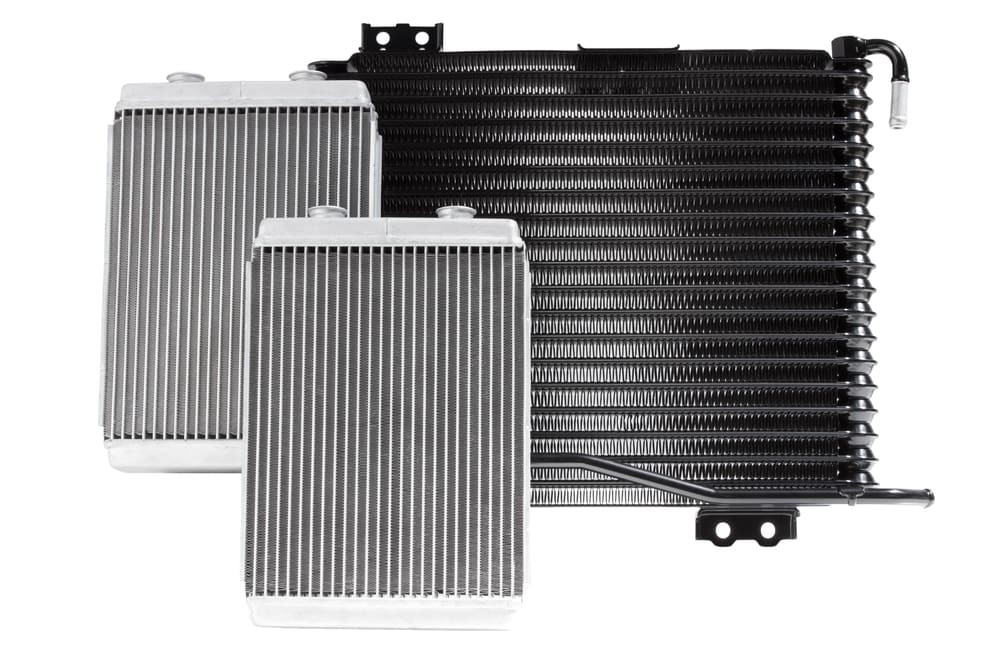
Credit: www.yourmechanic.com
Frequently Asked Questions On Oil Cooler Repair Cost
How Much Does An Oil Cooler Repair Typically Cost?
The cost of repairing an oil cooler can vary widely, typically ranging from $100 to $500. Factors influencing price include the extent of damage, vehicle model, and labor fees.
Can Oil Cooler Issues Lead To Engine Overheating?
Yes, a malfunctioning oil cooler can cause engine overheating. It’s crucial to keep oil cool as it lubricates engine parts, thereby preventing excess heat and potential engine damage.
Is Replacing An Oil Cooler A Diy Task?
Replacing an oil cooler is not commonly a DIY task. It requires mechanical expertise, proper tools, and knowledge about the vehicle’s cooling system. Professional service is recommended.
What Are Common Signs Of A Failing Oil Cooler?
Common signs include oil leaks, engine overheating, and coolant contamination with oil. Observing these symptoms should prompt immediate inspection to avoid further damage.
Conclusion
Understanding the costs associated with oil cooler repair can save you from unexpected expenses down the road. It’s wise to factor in both parts and labor when budgeting for this fix. Regular vehicle maintenance remains key to preventing costly breakdowns.
Investing in timely repairs can ensure that your oil cooler functions efficiently, safeguarding your engine’s health and performance.


